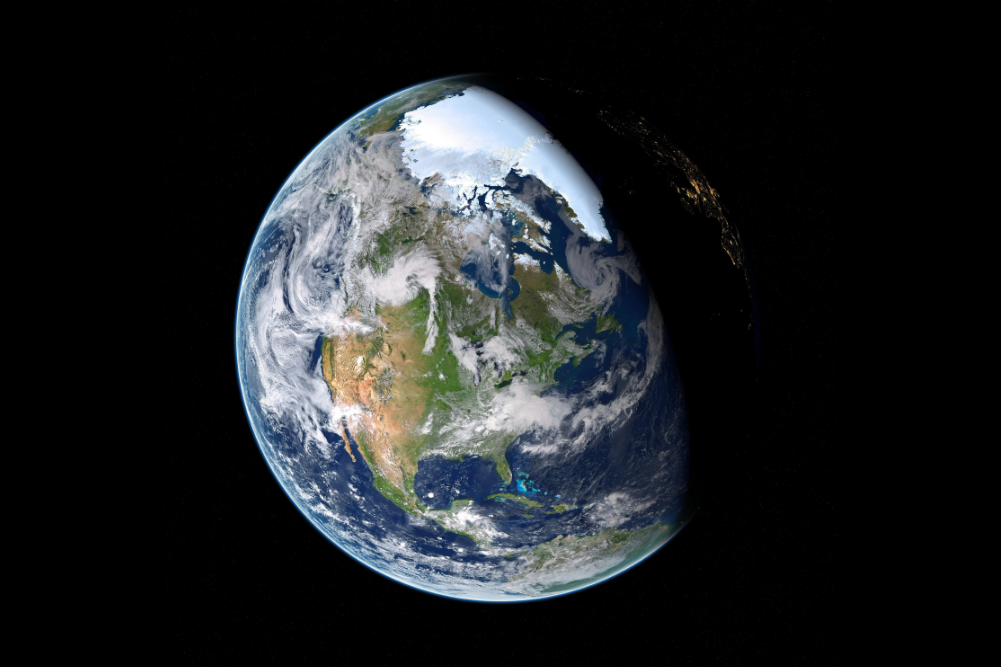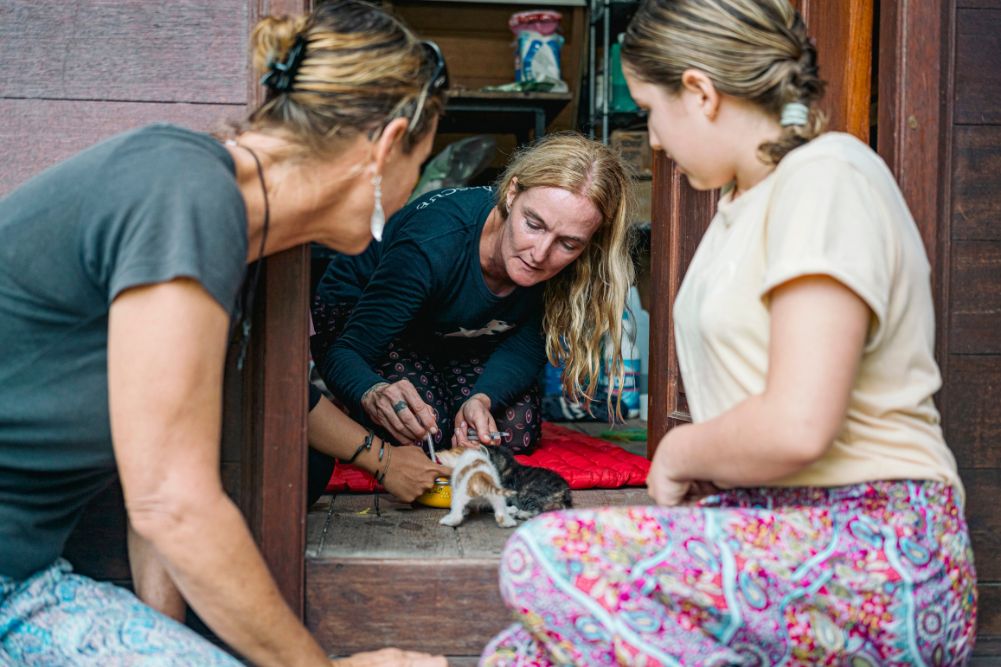8 development goals
The United Nations, with its member countries, sets Millennium Development Goals (MDG) each five years to reduce poverty, halt diseases, ensure food security, and provide universal primary education. The 2010 MDG summit produced 8 development goals and concluded with the adoption of a global action plan, called Keeping the Promise: United to Achieve the Millennium Development Goals. The 8 goals are :
- eradicate extreme poverty and hunger
- achieve universal primary education
- promote gender equality and empower women
- reduce child mortality
- improve maternal health
- combat HIV/AIDS, malaria, and other diseases
- ensure environmental sustainability
- global partnership for development.
The five-year goals will be up for renewal in September 2015.
It is true that much progress has been made in all of the eight MDGs, but are they sustainable? My previous blog article listed many successes, primarily in health and education. What are some of the weaknesses?
Look at the 8 development goals again, and determine the type of support that you can realistically donate to – such as education, health, or the environment – to make global wellbeing a part of family wellbeing.
In 1990, only 10 countries were food insecure, food security means that ‘all people at all times have access to sufficient, safe, nutritious food to maintain a healthy and active life.’ Today there are 24 countries that are food insecure. So that’s a worsening situation.
Rapid population growth, low budget for agricultural development, and low transference of technology skills, coupled with unfocused or poorly resourced credit mechanisms for poor families, marketing infrastructure, soil erosion, and water scarcity, are just some of the governance and policy issues that governments need to continue to address.
The question is: how much more progress would donor countries have achieved had they established outcome-based performance measures with effective monitoring? This would ensure that they ‘keep the promise’ that they pledged.
Agriculture, food, and water, I’m sure, will remain high priorities for the MDG summit in September 2015.
What kinds of projects, activities or campaigns would your family consider supporting – clean drinking water, easier access to drinking water, improved agricultural methods, better food distribution procedures, vaccinations for animals to reduce disease, or funds for innovative research?
Individuals and families can also set their own development goals – for example, 3 goals over 3 years. Look at the 8 development goals again, and determine the type of support that you can realistically donate to – such as education, health, or the environment – to make global wellbeing a part of family wellbeing.








